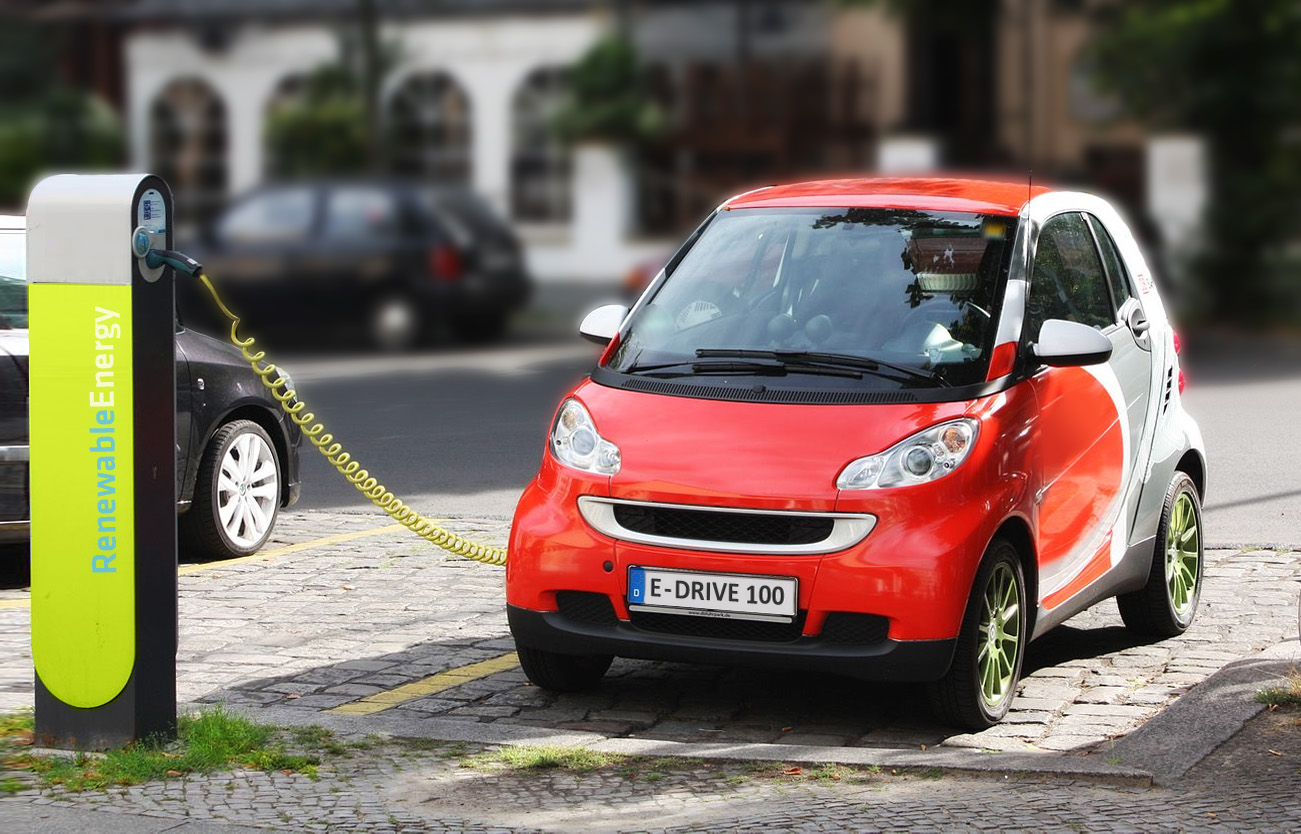
A new study casts light on the motivations and concerns of electric vehicle drivers and could be used to influence energy policy.
These findings can help policymakers and planners design contextualised energy policy for influencing EV adoption in the US and other countries.
Ramit Debnath et al
As the UK faces petrol and diesel shortages, a new study led by a Gates Cambridge Scholar outlines the kind of policies that are needed to drive higher uptake of electric vehicles.
The study is published in Renewable and Sustainable Energy Reviews today and is one of the few to catalogue the views of those who have chosen to drive electric vehicles [EV].
The researchers, led by Gates Cambridge Scholar Ramit Debnath [2018], developed a method of finding out their motivations and concerns by mining their social media interactions.
The study used data from 36,000 public posts on Facebook to look at the intersecting political, economic, social, technological, legal and environmental issues that their exchanges about EVs highlighted.
The computational social science methodology adopted used a mixed-method application of social network analysis and machine learning-based topic modelling through the Latent Dirichlet Allocation algorithm on data extracted from Facebook posts.
The results showed a strong interest in issues such the need for robust EV policies and funds to support national and state efforts of electrifying transportation as well as for tax and credit framework policies. When it came to environmental and social issues, there was a marked focus on social justice, clean air and better health and wellbeing. In relation to technology and economics, the data showed a collective shift towards a service-sector model for EV ownership.
In particular, they say that they show the need for the energy policy design of EV to leverage social, environmental and energy justice dimensions. They add that technology policy-shaping of EV will depend on the acceptability of battery and charging technology to the market and consumers. They suggest the need for EV-tax allocations and subsidy design in the US and they call for the effective communication of the social and health benefits of EV ownership in order to encourage higher EV uptake.
The researchers note: “These findings can help policymakers and planners design contextualised energy policy for influencing EV adoption in the US and other countries.”
*Picture credit: Wikimedia commons and Michael Movchin/Felix Müller.












